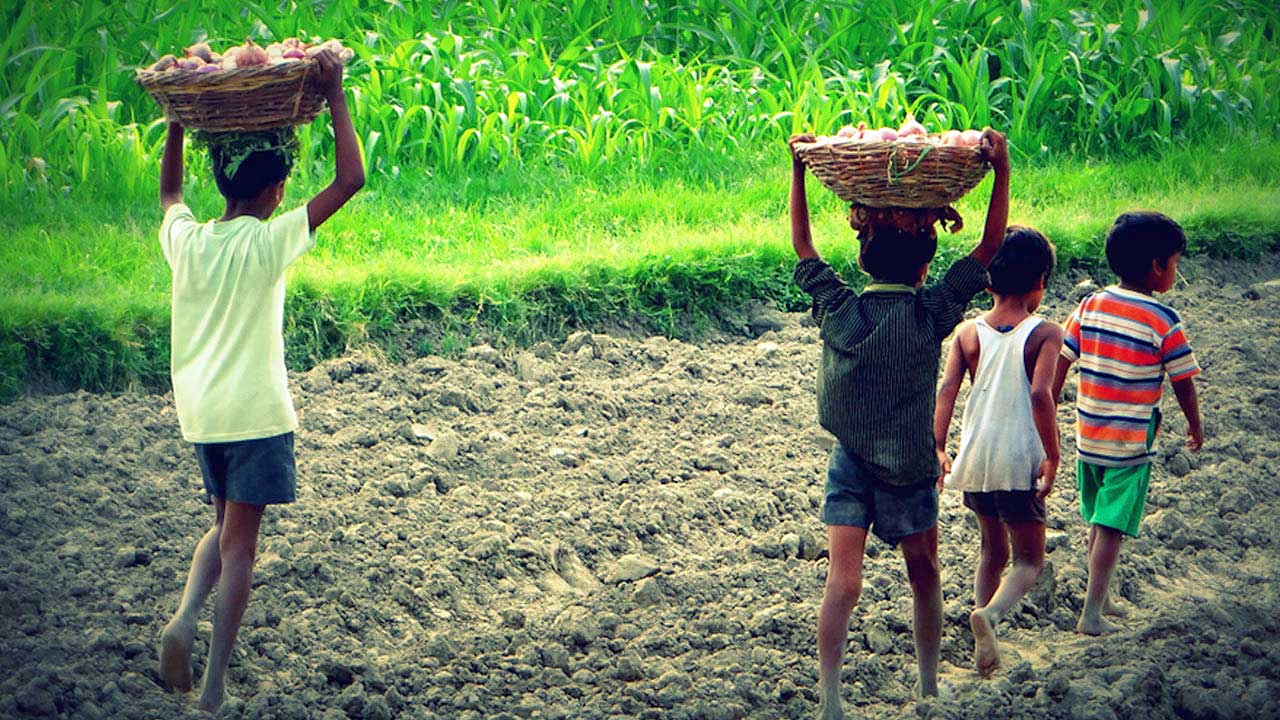The 2024 Trafficking in Persons Report by the United States government states that Fijian children are at risk of forced labour in agriculture, retail, or other sectors.
The report highlights rising levels of poverty also contributed to increased risks of Fijian children being exploited in commercial sex and forced labour.
It said natural disasters and climate-induced displacement significantly increase Fijians’ vulnerability to trafficking because of loss of livelihood and shelter.
The report said the economic crisis related to the pandemic, as well as recent natural disasters, increased the number of children who were driven to use the streets as a source of livelihood or compelled to seek incomes to sustain their families; these children are at risk of being exploited in sex trafficking or forced labour.
Children as young as 12 were exploited in sex trafficking, sometimes by family members to purchase food and other essentials for their families.
The reports highlights media reports saying it indicates an increase in online child sexual exploitation, some of which may involve child sex trafficking.
It further said some Fijian men reportedly marry women from Nepal and Pakistan and exploit them in domestic servitude in Fiji.
Labour traffickers exploit workers from South and East Asian countries, including Bangladesh and India, in small, informal farms and factories, as well as in the construction and timber sectors.
The 2024 Trafficking in Persons Report said there has been exploitation of local and foreign women, including children.
United States released the report said for Fiji, traffickers, including family members, taxi drivers, foreign tourists, businessmen, crewmembers on foreign fishing vessels, and other traffickers exploit foreign victims, including from Thailand and the People’s Republic of China (PRC), as well as Fijian women and children in sex trafficking.
It highlights that traffickers exploit victims in commercial sex establishments, hotels, private homes, and massage parlors, and sometimes utilise websites and cell phone applications to facilitate the exploitation of sex trafficking victims.
Adding onto this, it reveals that traffickers exploit Fijian and PRC national women and children in PRC national-operated massage parlors and commercial sex establishments, particularly in Suva.
Cases were seen where massage parlor owners arrange for female Fijian employees to engage in commercial sex acts with clients in hotels or commercial sex establishments.
It goes on to add that some Fijian children are at risk of sex and labour trafficking as families follow a traditional practice of sending them to live with relatives or families in larger cities, where they may be exploited in domestic servitude or sex trafficking in exchange for food, clothing, shelter, or school fees.
Foreign yacht owners and foreigners hiring locally owned yachts dock in rural Fijian islands and seek young women, usually children, for marriage; some of these women and children subsequently become exploited in forced labour or sex trafficking.
Taxi drivers or other facilitators transport Fijian child sex trafficking victims to hotels in popular tourist areas or to private yachts at the request of foreign tourists seeking commercial sex acts.














